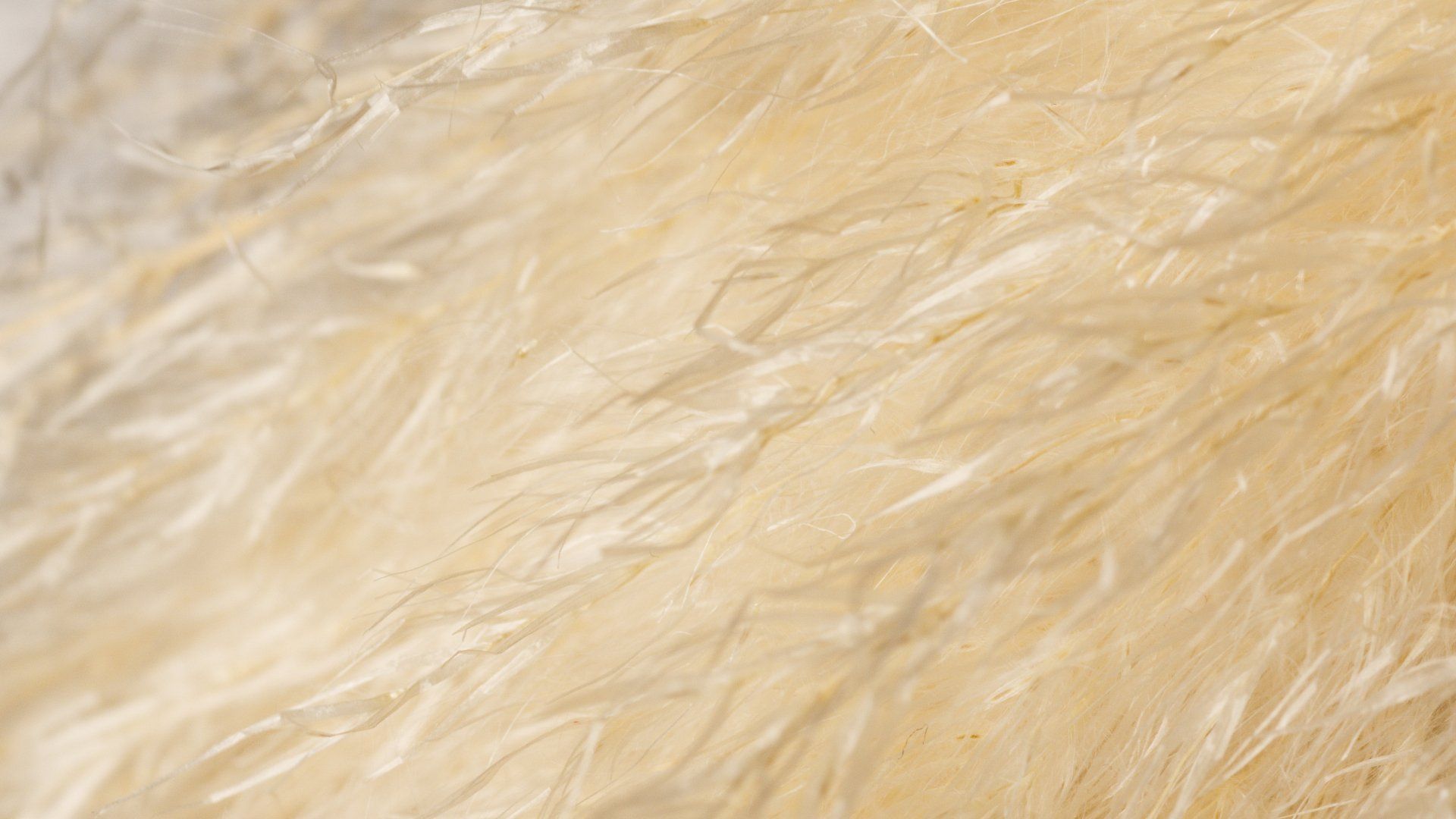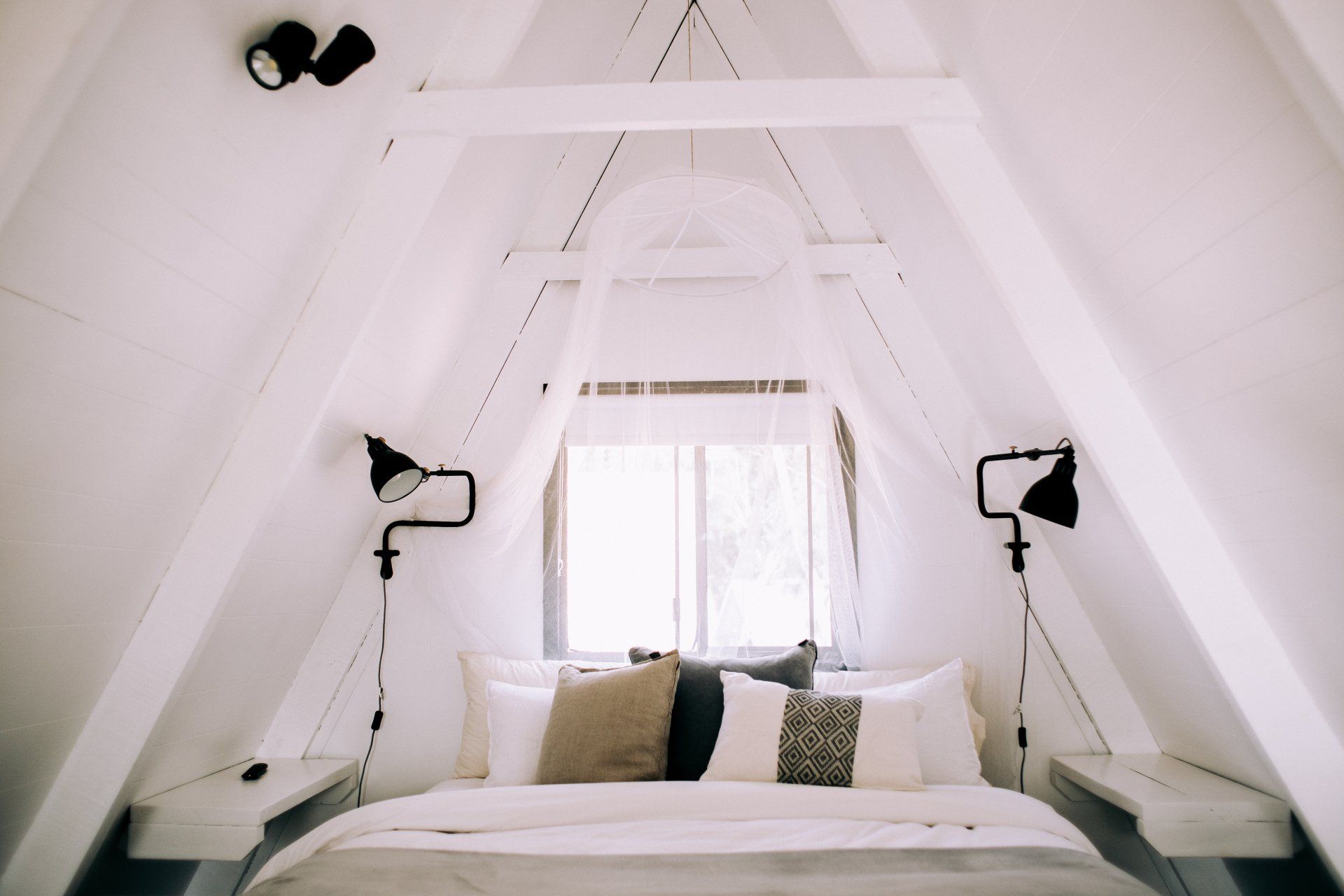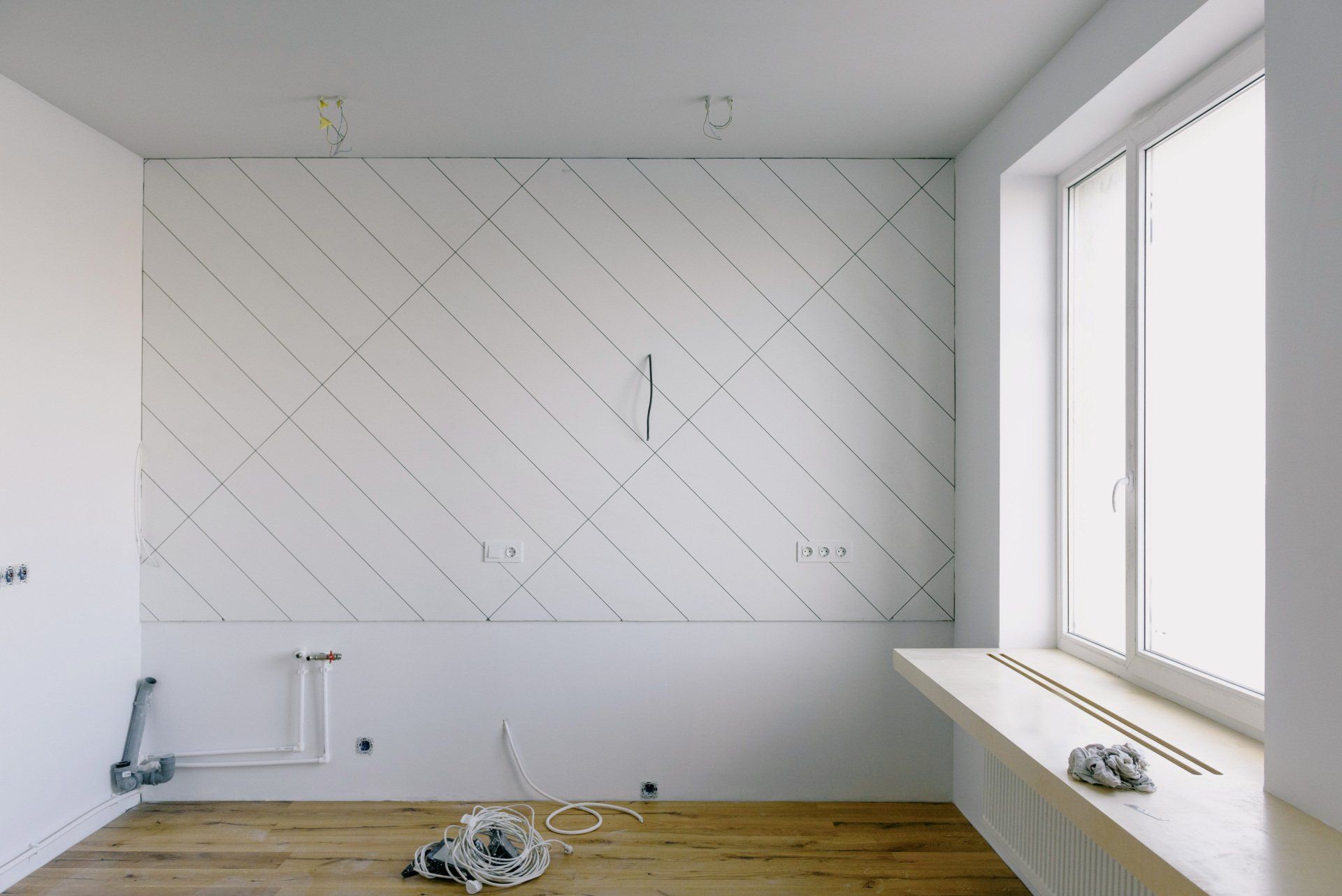What is the best home insulation for your attic?
What is the best home insulation for your attic?
A properly constructed attic insulation is an easy method of keeping the temperature of your house cool. But deciding which type of insulation is the best one can be difficult. There are many types of insulation that are available, and you might not be familiar with all of them, especially if you're a first-time homeowner. It is important to keep in mind that attic insulation is created to suit your particular climate, which includes local weather and construction materials. Due to this, the types of products that work well for the attic of your neighbor may not be the best for yours. How do you decide which type of insulation for your attic would be the best fit for your home?
Through this post, learn what the various types of attic insulation are and which one is the most suitable one for your home.
What should you look for when selecting the best attic insulation?
R-values are a measure of how well a material withstands heating. The greater the R-value, the higher the insulation value that the substance has. In order to effectively insulate your home, you must know what the R-value is and how it impacts your energy bill and comfort.
The R-value is usually mentioned in the description of the product or the box of the product. Since the radiant foil is intended to reflect heat and not limit the transmission of heat, it's not assessed in terms of the R-value. R-value for the house's insulation is also determined by the place you reside.
3 Types of Common Attic Insulation
1. Fiberglass Insulation
Fiberglass insulation is among the most sought-after kinds of insulation that are in use presently. It is made up of small glass fibers that are designed to block the loss of heat and is suitable for use in businesses and homes. The R-value for fiberglass batts can range between 2.2 and 4.3 for specially designed high-density fiberglass, which means that it is typically the least efficient at insulating.
Fiberglass insulation is available in various thicknesses and can be used to construct attics as well as walls, ceilings, and crawl spaces. It is usually used as batts or loose-fill and applied by spray.
2. Cellulose Insulation
Cellulose insulation is usually constructed from recycled wood or paper. It is much denser than fiberglass. It can keep your home warm in winter and cooler during the summer months. Because cellulose is composed of recycled material, a lot of people believe it is eco-friendly. Even though cellulose contains a marginally more recycled content than other kinds of insulation, it doesn't have an all-around "green" grade in terms of its environmental impact.
There are some aspects to take into consideration when you use insulation made of cellulose. Cellulose insulation can be flammable by nature and is treated with a large amount of chemicals that are anti-flammable. It is the Consumer Products Safety Commission mandates that all manufacturers of cellulose inform their customers of the risk of fire in the insulation made of cellulose.
When cellulose is put in the first place in the attic, it produces a lot of dust. If you're in the attic when the cellulose insulation is being installed, be sure that you're wearing a respirator mask and safety glasses that are secured.
3. Foam Insulation
Foam insulation is composed of polyurethane foam. It is a kind of plastic. It is composed of two parts which are an isocyanate and polyol. When these two compounds are combined, they react and form a foaming agent. The foam that expands forms an airtight seal that aids in stopping heat transfer. Foam insulation can be utilized in commercial, residential, and industrial settings. It can be used in attics, walls, ceilings, and crawl spaces.
Foam insulation comes in two types; they are open-cell (R3.5) and closed-cell (R7).
It is impossible for water to penetrate the insulation, meaning it does not let the water in or does it absorb water. The foam also has an anti-mold polymer. It prevents mildew and mold growth, so they have no chance of developing within the foam.
Foam is never stretched or loses its effectiveness. It is able to sit for decades without needing to be monitored, even in the midst of extreme temperatures.










